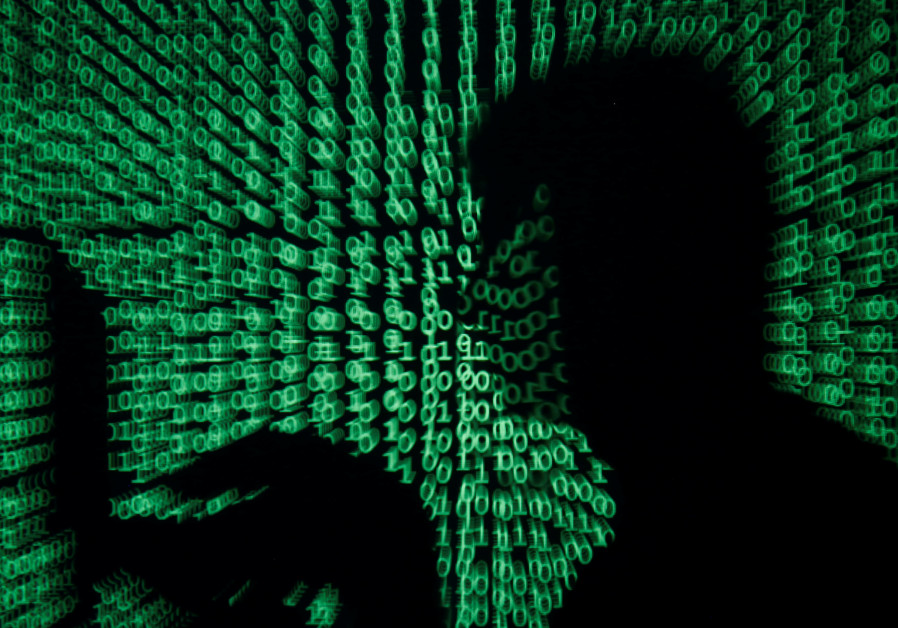Artificial intelligence, or AI system, only gained the ability to participate in debates with people two years ago.

IBM’s new developed-in-Israel artificial intelligence system engaged in the first ever live public debate this week against two master Israeli debating champions. Who won? Depends who you ask.
At the media gathering in San Francisco on Monday afternoon, “Project Debater,” launched in IBM’s Haifa headquarters six years ago, more than held its own against seasoned human debaters.
In one face-off, Project Debater made the case in favor of government subsidizing space exploration, facing Israel’s 2016 national debate champion, Noa Ovadia, who took the opposing position.
Ovadia was judged the winner by the crowd of journalists in “delivering” the argument. While the computer’s attempts at humor didn’t measure up to the personality of a human, IBM outscored Ovadia handily on the question of “knowledge enrichment.”
IBM’s computer fared better in a second debate, persuading the crowd that telemedicine is worth pursuing, against another Israeli debating champ, Dan Zafrir. Again, the human prevailed on delivery, but this time only by a slim margin, and the computer was a big winner in knowledge enrichment. And at least nine audience members changed their minds on the topic to the point of view of the computer.
That was good enough to make the exhibition a success in the eyes of Noam Slonim, a senior technical staff member at IBM’s research center in Haifa and the person who originally proposed the Project Debater idea in 2011.
The effort now includes dozens of researchers at multiple IBM labs. It is being led by Slonim’s Haifa colleague Ranit Aharonov. Merely seeing that the software kept the audience engaged over a 20-minute debate “was a very positive feeling,” he told Harry McCracken from the Fast Company website at a post-debate reception.
Slonim said the artificial intelligence, or AI system, only gained the ability to participate in debates with people two years ago.
The debaters, both human and computer, were not made aware of the topics in advance. Each side had four minutes to make an opening statement, followed by a four-minute rebuttal and a two-minute closing summary. The computer went first each time.
The San Francisco event was the first time anyone outside of the company was able to witness a live debate between a human and IBM’s AI system. But the company’s researchers have been conducting debates in the lab for a while, on such topics as “Should income taxes exist?”, “Will autonomous cars help safety?” and “Should antibiotics be used in our food supply?”
Project Debater is the latest AI innovation from IBM; its “Deep Blue” system took on chess world champion Garry Kasparov in 1997 and its “Watson” beat human champions on Jeopardy in 2011. However, debating takes on a different form of competition, one where language and persuasiveness play an important role.
Project Debater earned a fan in debater Ovadia. “I’m blown away,” she said. “The technology is so impressive in terms of how many really human cognitive capabilities it’s able to do simultaneously.”
As reported by The Jerusalem Post
